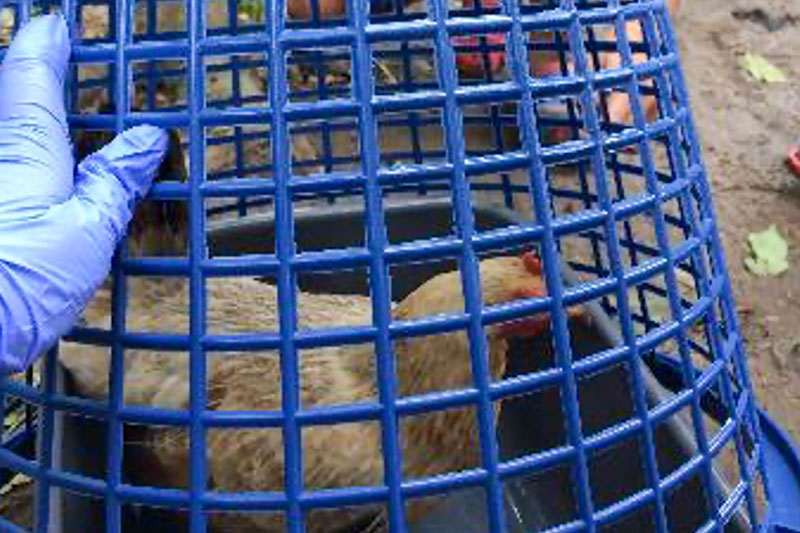
In developing countries, livestock are a source of income and nutrition that can improve food security and opportunities for households and children within them. However, diarrheal disease is the second leading cause of infant mortality in developing countries worldwide and is often zoonotic in origin, or transmitted between humans and animals.
This project wanted to investigate how do the costs and benefits of human-animal interaction compare and do they vary cross-culturally. With a better understanding of the complex interplay between the costs and benefits of different interactions with different species in different settings, local and international development organizations and health-care providers can provide recommendations on the most beneficial use of animals within a particular culture and context to improve the lives and health of rural children. Through a collaborative partnership between The Ohio State University and the Autonomous National University of Nicaragua in León, the team developed a framework to more holistically assess the role of animals in child health and development.
Specifically, the project aimed to:
The project took place from January 2016-December 2018, and it was led by Rebecca Garabed, PhD, associate professor, College of Veterinary Medicine, Jiyoung Lee, PhD, professor, College of Public Health, Barbara Piperata, professor, College of Arts and Sciences along with partners, Samuel Vilchez, Department of Microbiology, National Autonomous University of Nicaragua, León, Nicaragua, Warren Wilson, Department of Anthropology and Archaeology, University of Calgary, Calgary, Canada, Comunidad Connect, Jinotega and the Nicaraguan Ministry of Health in Jinotega.
At its completion, the project produced one scientific publication related to this work that characterizes children’s gut microbiome development and the role of environment in that development for Los Robles, and was part of the foundation for a successful research proposal to the National Science Foundation titled, "Ecoculturing the Infant Gut Microbiome."
The team also developed a set of educational materials that was shared digitally to the Los Robles community.
In 2018, this work was also the foundation for the Diapers Project, which received funding from The Ohio State University Infectious Disease Institute to look at the same topics of impact of animals and culture on microbiome development in infants in daycare at Ohio State daycare facilities. That project has completed data collection and is in the process of seeking external funding to complete analysis.